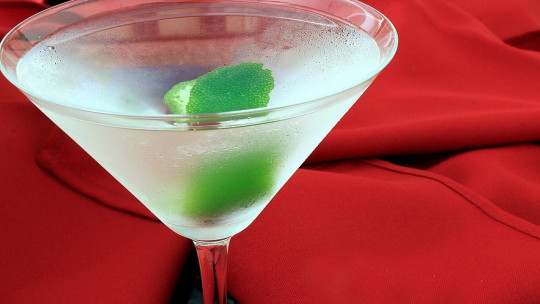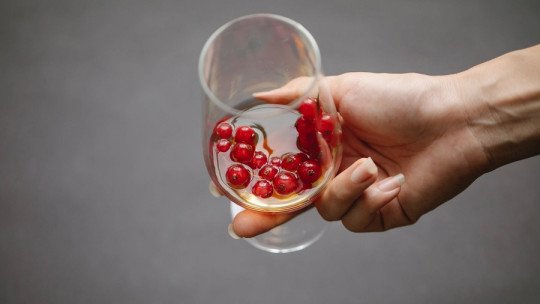
alcoholic beverages They are a part of the substances that, despite generating great addiction, have great social acceptance. This makes alcohol an element with a very widespread presence in all types of events; from weekend parties and family celebrations to gatherings at friends’ houses, to dinners and lunches at home or in a restaurant.
However, this has a major disadvantage, the use and abuse of these drinks is so normalized that It is difficult to detect the first signs of alcohol addiction This is a fact with serious consequences for the health of a good part of the population.
Warning signs of alcohol addiction
Below you can find a series of signs and symptoms that warn of the onset of addiction to alcoholic beverages They are indicative and do not exactly cover all the dimensions of alcoholism, but they can serve to prevent and act quickly in risk situations.
1. Saving time with alcohol
People who have alcohol problems, or who are starting to have them, tend to drink in anticipation of moments that “justify” the possibility of drinking more For example, if you are waiting for friends to come home to watch a soccer game while drinking cans of beer, you start drinking a bottle of wine when there is still an hour before the scheduled time.
This is a way of “stretching” the socially accepted excuse to also cover times when there really is no social reason to consume alcohol.
2. Certain drinks are beginning to be considered “non-alcoholic”
With alcoholism, the consumption of this substance becomes something so everyday that the strange thing is to drink something that does not contain alcohol. For this reason, a good part of people with this health problem begin to consider that low-alcohol drinks, such as beer, They are not real alcoholic beverages Consequently, they have an excuse to consume more.
3. In social contexts, always with a glass in hand
This is true not only at parties, but also during momentary visits to neighbors’ houses and, in general, in any social context. Any moment in which you cannot drink, even if it is very brief, is experienced as something that produces discomfort, especially if there are bottles in sight
4. Check drink reservations
One of the daily tasks is to make sure that there are leftover bottles and that the situation will not arise in which there is no alcohol left. and there is nowhere to buy it It is something that requires spending a certain amount of time and breaking moments of concentration to go check the pantry, but it is considered that it would be worse to run out of supplies.
5. When you arrive at a hotel room, check the mini-bar
This is one of the first movements that is made when arriving at a new room, and it is curious, since normally this type of bedroom houses many novelties that can be explored long before opening the place where the bottles are usually found. .
Furthermore, before having decided on that hotel in question, confirmation that there is a mini-bar will have been sought
6. A logic is used that allows “subtracting bottles”
One of the signs of alcoholism has to do with the way you think about the amount of alcohol consumed per day or week. Thus, in some cases it is pretended to have drunk one less bottle because it is thought that having been walking briskly for ten minutes has compensated for the influence of alcohol, etc. It’s all about finding excuses no matter how original they are, to believe that you don’t have a drinking problem and still have a good image of yourself.
7. Drink too quickly
This is one of the most striking signs that warn of alcohol addiction, and is usually seen in meetings. Alcoholics tend to drink more quickly than the rest, since the others tend to sip as “support” to the social context, and not as if it were one of the main tasks of the meeting.
Thus, where there is alcoholism, the action of drinking is in itself one of the main actions that must be carried out on a daily basis, and consequently there is no time to waste.
8. Contact is broken with friends who don’t drink
People with alcohol addiction structure their entire social lives around gatherings in which, by default, they drink. Thus, little by little the contact will deteriorate with people who are abstainers, or who drink little.








